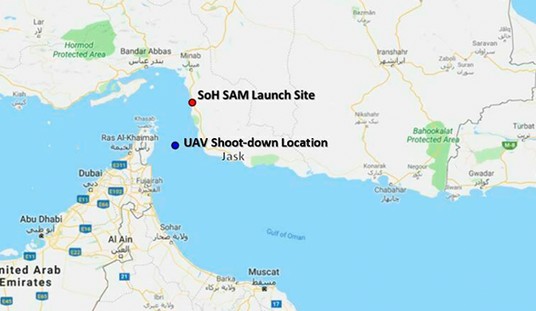Europeans certainly aren’t the only recipients of economic life-rafts in the form of bailout loans from the International Monetary Fund; Pakistan’s economy is in dire straits and their fiscal house is most definitely not in order, and this week they asked for an received assistance from the IMF in the form of a $5.3 loan package, via the WSJ:
Pakistan and the International Monetary Fund agreed to a long-term bailout loan of at least $5.3 billion that would give breathing room to the country’s struggling economy.
The announcement by Pakistani Finance Minister Ishaq Dar and Jeffrey Franks, the IMF mission chief, was the result of negotiations between Islamabad and an IMF delegation that had been in Pakistan for 15 days.
Pakistan has been a regular client of the IMF for more than two decades. It has entered nearly a dozen loan programs since 1988, but only successfully completed a handful. The country currently owes the IMF just over $6.2 billion.
Mr. Franks acknowledged that Pakistan had failed to comply with the terms of previous programs but said that wasn’t a reason to “turn a country down.”
Riiiight. The track record of countries addicted to expensive public outlays, but promising to clean up their act and reduce their deficits in exchange for a bailout, is somewhat less than robustly successful; and this might help their struggling country along for a bit, but Pakistan has an impressively long rap sheet of systemic problems that they don’t look at all close to actually reforming, via Reuters:
The country has already once averted a balance of payments crisis in 2008 after securing the $11 billion IMF loan package, which was suspended two years ago after economic and reform targets were missed.
Again, chronic gas and electricity shortages, violent crime and a Taliban insurgency have all hampered growth and contributed to falling foreign investment. The $230 billion economy grew 3.6 percent in the last fiscal year, below a target of 4.3 percent and well below growth rates of around 9 percent seen 10 years ago. …
With reserves shrinking by around $500 million a month and many Pakistanis angry over unemployment as well as high food prices and crippling power cuts, Sharif is keen to be seen as decisive and capable of overhauling the economy.
Unemployment is officially at 6.3 percent but is probably much higher.
The new government has already made some steps towards reforms and has set an ambitious deficit target of 6.3 percent of GDP for its 2013/14 although some analysts say it might be hard to meet.
Yes, and I’m sure they’ll meet those deficit targets — just like they did after receiving the previous IMF loan, right?








Join the conversation as a VIP Member